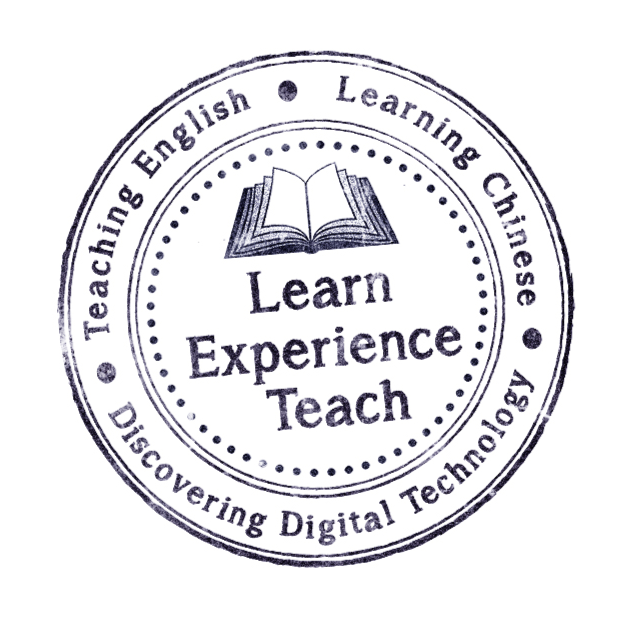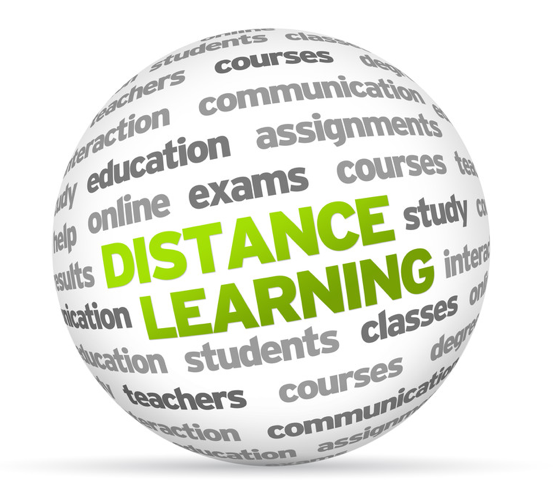My experience as a Distance Learner
In his book On The Internet, Dreyfus (2001) puts forward the arguement that the physical presence of a teacher is a crucial part of the learning process. Drawing on my own experience, then, as an individual, I would say I am very interested in the power of social interactions for knowledge acquisition. Similarly, in the context of distance learning, the presence of a teacher (and like-minded peers) contributes to my ideal educational setting. In my role as a student on this course, I am aware that in order to locate more specifically relevant data and reach the higher levels of Dreyfus’ stages of learning (Dreyfus, 2:32), I need ‘to imitate the teacher as model’ (Dreyfus, 2:38). So a model, or guide, who can push forward relevant information and guide me toward filling my knowledge gap, is imperative in some form, whether it be online or offline.
Concerning a previous distance learning experience with the Open University, I found the course not only well-structured but also well-organised as regards the ‘Getting To Know You’ preliminary stage. Actively encouraging students to exchange basic personal information and to experiment with their ideas, was key to building relationships and developing trust between students, as well as between the students and teacher. Indeed, it is only through taking risks that learning is able to take place (Dreyfus, 2:38). This example is contrary to Dreyfus’ belief that through distance learning “… each student is still anonymous and there is still no class before which the student can shine and also risk making a fool of himself.” (Dreyfus, 2:39).
Individual Achievement and Distance Learning
For me, perhaps I enjoy more the process of learning (no pain, no gain!) than the acquisition of content itself. It is often the scenario: the teacher knows. The student does not yet know. The student experiences multiple failures on his/her way to knowledge enlightenment. In this way, Dreyfus’ discussion about the embedded role of emotion in learning resonates strongly with me, “For embodied, emotional beings like us, however, success and failure do matter” (Dreyfus, 2:37). They certainly do. And it is often on arriving at that ’emotional’ point, that I feel I have really ‘learnt’ something. So, once these conditions of success and failure, or the testing of hypotheses, are present, then the acquisition of a skill or competence becomes very achieveable, “…if the teacher shows his involvement in the way he pursues the truth…the students will be more likely to let their own successes and failures matter to them (Dreyfus, 2:39). Again, this is true both on and offline.
Thinking about language teaching, and taking into consideration that in the language classroom the teacher is the only (near)-native speaker of the target language and the embodiment of the target culture, I feel that distance learning, if organised well, can provide the right conditions for achievement that Dreyfus describes. Taking an online class, as an example, can give access to (near)-native speakers, in real-time, in their home environment, supported by up-to-date, authentic materials via the internet.
Final Thoughts
It is true that, in order to attain proficient or expert status in a skill, a ‘presence’, in the form of a teacher or guide, is needed. However, that is not to say that a face-to-face presence is necessary. It seems that through the advances of technology, distance learning in the form of online fourms, collaborative tasks, (a)synchronous chats, and so on, can provide the conditions by which a student learns, and allow a physical/virtual presence. That said, I think that distance learning is more appropriate in certain contexts than in others: if we see primary and secondary school education as very ‘hands-on’ as regards the teachers ‘presence’, then university/higher and further education is much more ‘hands-off’. That is to say, as students head toward mastery, where teacher-student contact is reduced to a minimum, and there is more self-directed learning, then, perhaps distance learning can be an appropriate choice.
References
Dreyfus, H (2001) On The Internet London: Routledge



